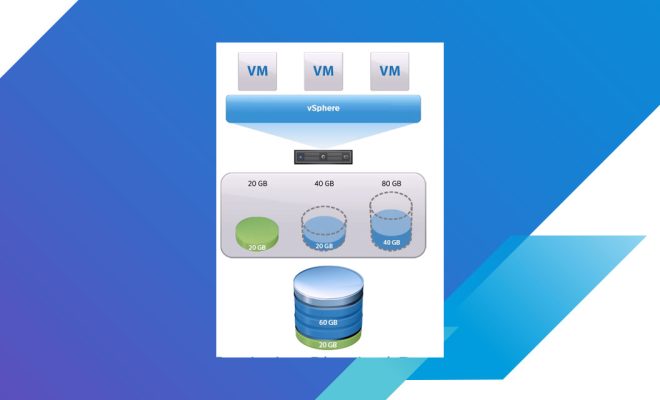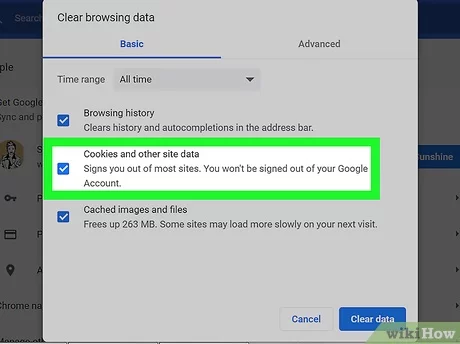What is Flash Storage?

Flash storage is an advanced technology that allows data to be saved and retrieved quickly and efficiently. Unlike traditional hard drives that store data on spinning discs, flash storage is based on a solid-state design that uses electronic chips to store and access data. This technology is commonly used in smartphones, laptops, and other electronic devices because of its compact design and high-speed capabilities.
Flash storage works by using a series of interconnected memory cells to store and retrieve data. These cells are arranged in a grid or block, and each cell can hold a certain amount of information. When data is saved to the storage device, it is broken down into smaller pieces and stored across multiple cells in the grid. This makes it easier to access the data quickly when it is needed.
One of the biggest advantages of flash storage is its speed. Because it uses an electronic design, it can access data much faster than a traditional hard drive. This translates into faster boot-up times, quicker application loading, and faster file transfers. Additionally, flash storage is less susceptible to data corruption and physical damage than a physical hard drive, making it a more reliable option for storing important data.
Another key benefit of flash storage is its size. Because it does not rely on spinning disks, flash storage can be made much smaller and more compact than a traditional hard drive. This makes it an ideal choice for smaller devices like smartphones and tablets, where space is at a premium.
Despite its many benefits, flash storage is not without its drawbacks. One of the main issues with flash storage is its cost. Because it is a newer technology, flash storage is generally more expensive than traditional hard drives. Additionally, the cells that make up flash storage have a limited lifespan, meaning they will eventually wear out and need to be replaced.
In conclusion, flash storage is an advanced technology that offers a number of advantages over traditional hard drives. Its speed, reliability, and compact size make it an ideal choice for a wide range of electronic devices, from smartphones and laptops to data centers and servers. While it may be more expensive and have a limited lifespan, the benefits of flash storage make it an attractive option for those looking for fast and reliable storage solutions.






